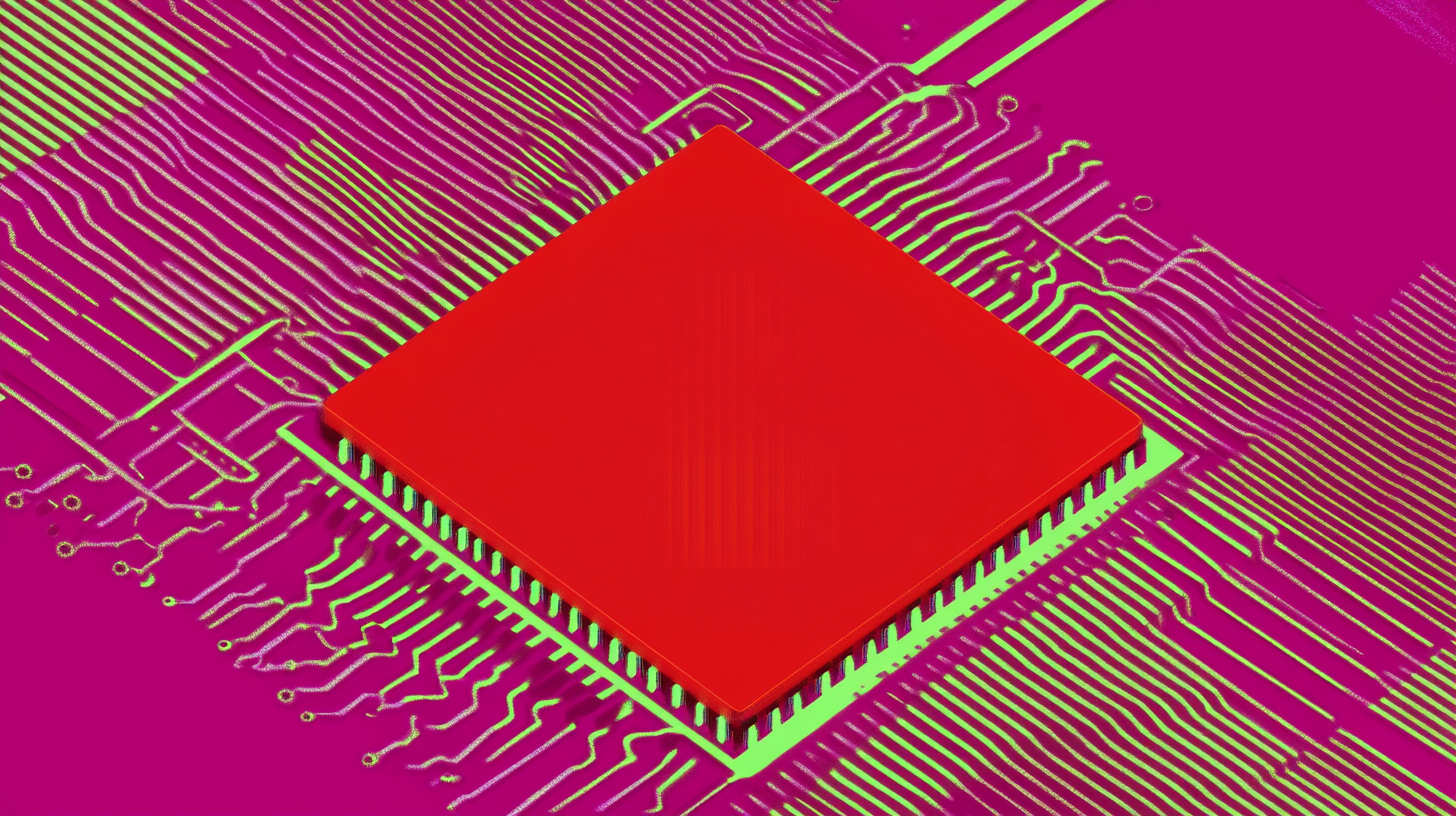Bloomberg: China’s AI expansion in Xinjiang relies on Nvidia chips despite U.S. export controls

China's efforts to expand AI infrastructure in Xinjiang seem to rely on the expectation of acquiring smuggled Nvidia hardware.
According to Bloomberg, U.S. Commerce Department official Jeffrey Kessler considers the smuggling of restricted Nvidia chips into China an established reality, signaling that U.S. authorities view systematic circumvention of export controls as a serious concern. This perspective stands in contrast to recent comments from Nvidia CEO Jensen Huang, who has denied any evidence of AI chip diversions.
Bloomberg's investigation found that 39 planned data centers in Xinjiang and Qinghai are expecting to use more than 115,000 Nvidia H100 or H200 chips—models subject to U.S. export restrictions since 2022. Project documents do not reveal how these facilities intend to obtain the restricted hardware.
Among the most ambitious projects is a plan by Chinese energy company Nyocor to install 250 H100 servers in its first phase, equivalent to around 2,000 Nvidia chips. These servers are intended for lease to Infinigence AI, a firm aiming to make computing power as widely available as utilities like electricity or water.
Roughly 70 percent of the planned computing capacity is set to be concentrated in a single, government-backed data center complex in Xinjiang, located near the Gobi Desert city of Yiwu. This large facility is designed to house thousands of high-performance GPUs. Local authorities are offering incentives, including free electricity quotas, operating subsidies, and other benefits. The site will be powered mainly by wind, solar, and coal, with the cool desert climate helping to keep costs down.
Domestic alternatives still lag behind
Bloomberg has not found direct evidence of centralized procurement for these chips. However, U.S. investigations and reports of increasingly sophisticated smuggling operations—sometimes involving routes through Malaysia or hidden shipments under live seafood—suggest that China is actively pursuing workarounds despite export controls. Nvidia maintains that it does not provide technical support for illegal products and views large-scale smuggling as commercially and technically unviable. Nevertheless, construction in Xinjiang continues as if the hardware is expected to arrive.
Despite significant investment and state support, China has not yet succeeded in developing internationally competitive high-end AI chips. Huawei's Ascend 910C is currently the leading domestic contender, but analysts estimate it still trails Nvidia's China-focused H20 chip by about a year. The upcoming 910D is expected to surpass the H100 in performance, though it will require more power.
AI News Without the Hype – Curated by Humans
As a THE DECODER subscriber, you get ad-free reading, our weekly AI newsletter, the exclusive "AI Radar" Frontier Report 6× per year, access to comments, and our complete archive.
Subscribe nowAI news without the hype
Curated by humans.
- Over 20 percent launch discount.
- Read without distractions – no Google ads.
- Access to comments and community discussions.
- Weekly AI newsletter.
- 6 times a year: “AI Radar” – deep dives on key AI topics.
- Up to 25 % off on KI Pro online events.
- Access to our full ten-year archive.
- Get the latest AI news from The Decoder.